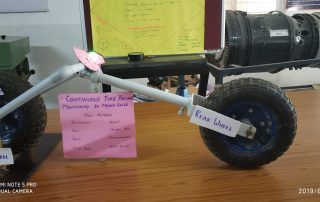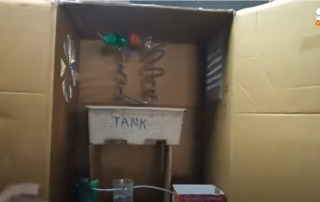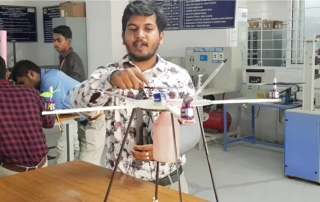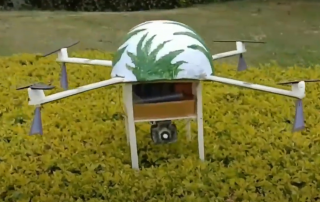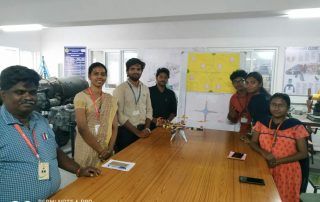department of aeronautical engineering
student development ACTIVitiES
Various number of student development activities are constantly being practiced in each classrooms, enforced by our Center of Learning and Teaching.
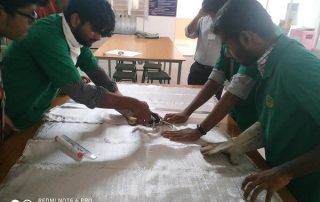
Problem-Based Learning
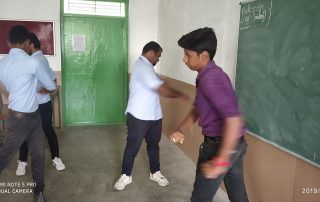
DEFENSE Training
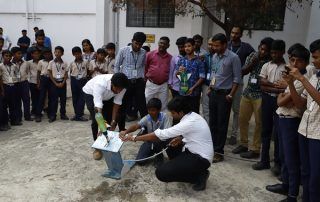
Activity Based Learning
Project-Based Learning
ICT Enabled Classroom
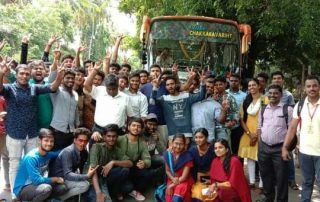
Management Games
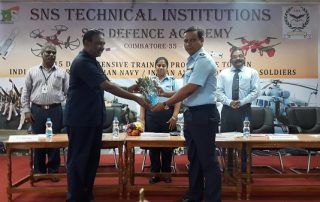
Role Play
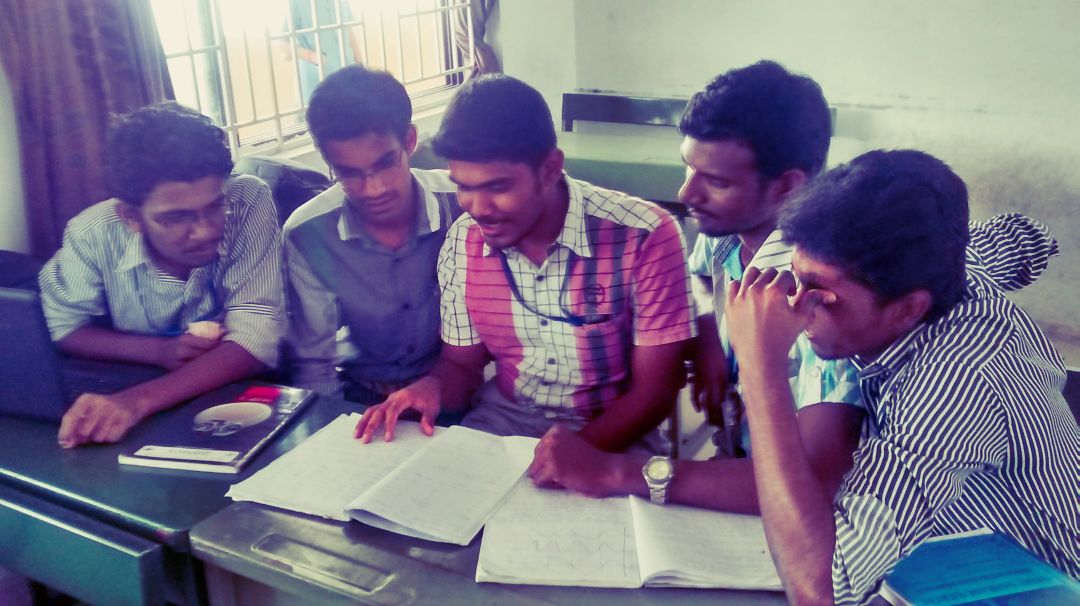
Peer Group Learning
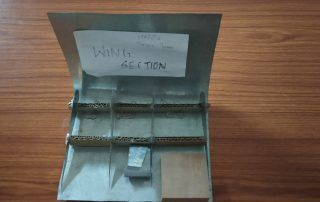
Cross Sectional View of Wing
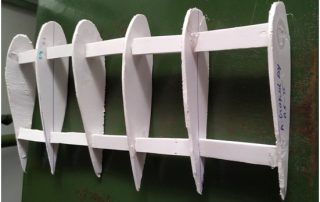
cut section of tapered wing section
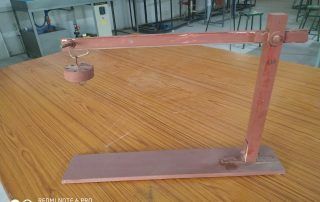
Shear Center
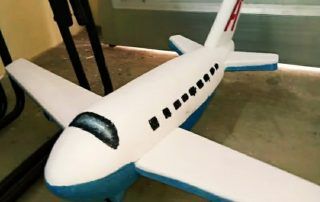
Cross Sectional View of Wing
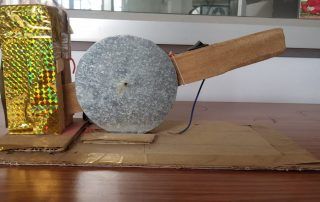
cut section of tapered wing section
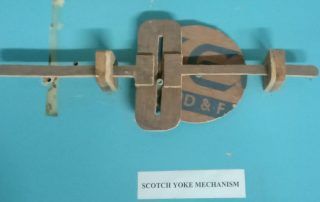
Shear Center

JET ENGINE

Truss Construction
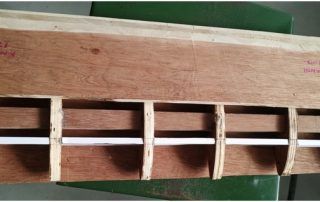
CUT SECTION OF AIRCRAFT STRAIGHT WING
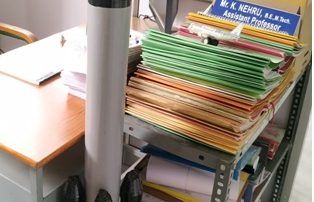
ROCKET MODEL
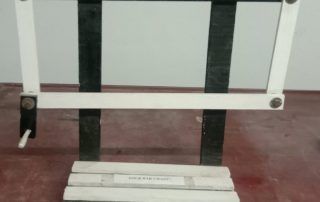
Four Bar Chain
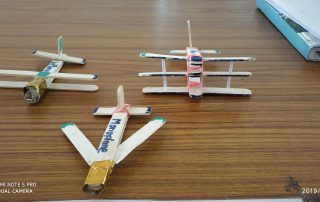
Ice Stick Airplane
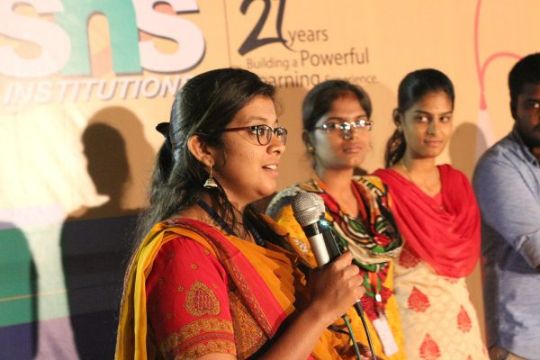
industrial
case study
Naturally, students are more inductive than deductive, they learn better from examples than from logic. So, we believe that the use of case studies is a very effective classroom technique. Students will be provided with an industrial case study linked with the concept or subject, where they got to explore how their learning are applied in the real world situations. This helps the students to actively engage in figuring out the principles from the examples.
- Case study on Aircraft wings
- Case study on Fuselage
- Aircraft freak accident
- Case study on Landing gears
- Manufacturing of wings in Aeroplane
- Varies drag in Aircraft
- Why planes don’t fly over Pacific Ocean?
- Case study on Flight control system
- Steady level Flight
- Case study for Saudia airlines B747
- Case study for Second law of Thermodynamics
- Case study for Aircraft Engines
- Case study for Two stroke Engine
- Case study for Aero Engineering Thermodynamics
students'
mini projects
Project-based learning is an instructional approach, which helps the students in developing knowledge and skills by engaging in projects and solving real world challenges/problems.
We practice project based learning by encouraging the students to do minimum two mini project per semester. Students are progressively taking up the tasks and projects to pad up their skill-set.




